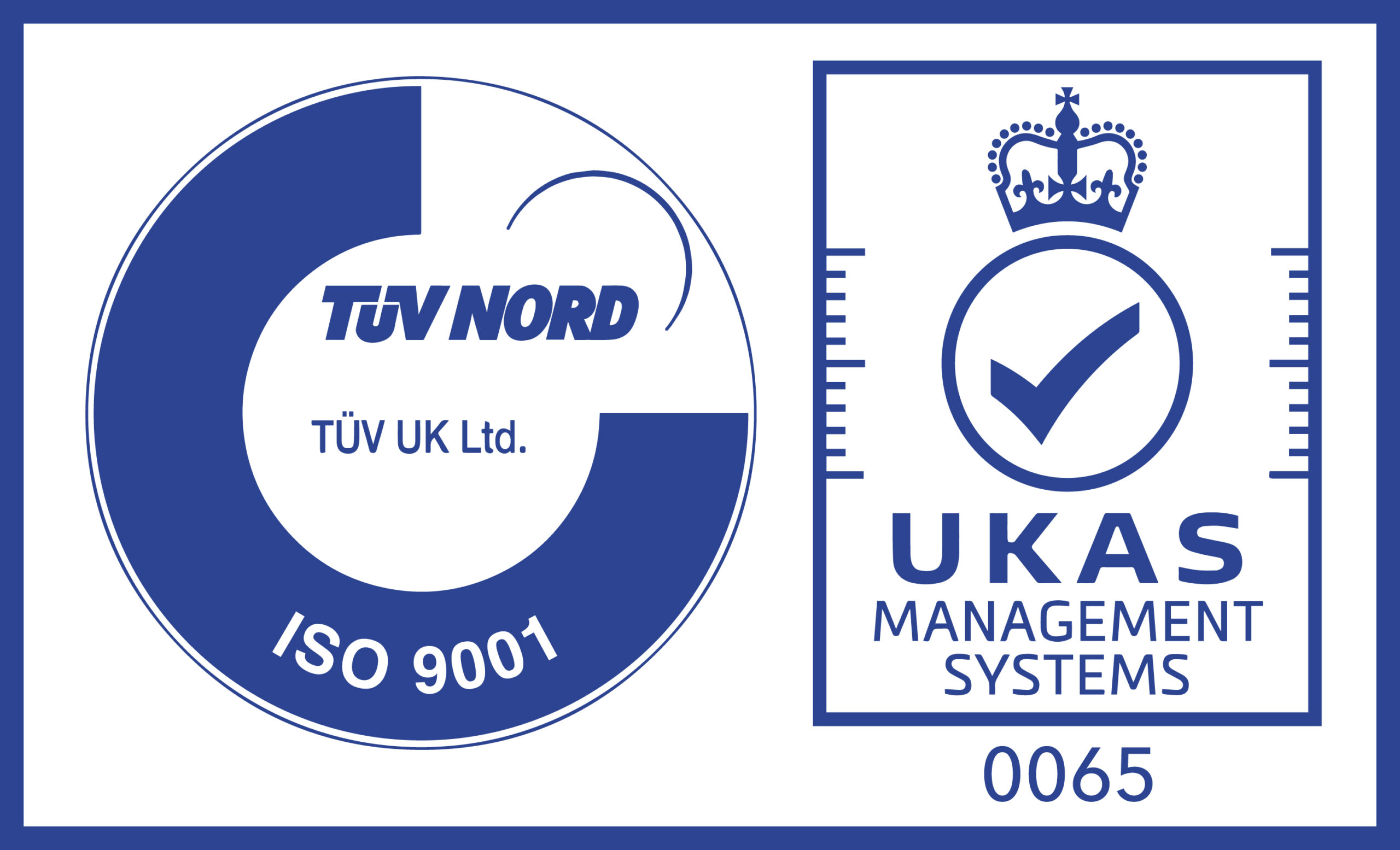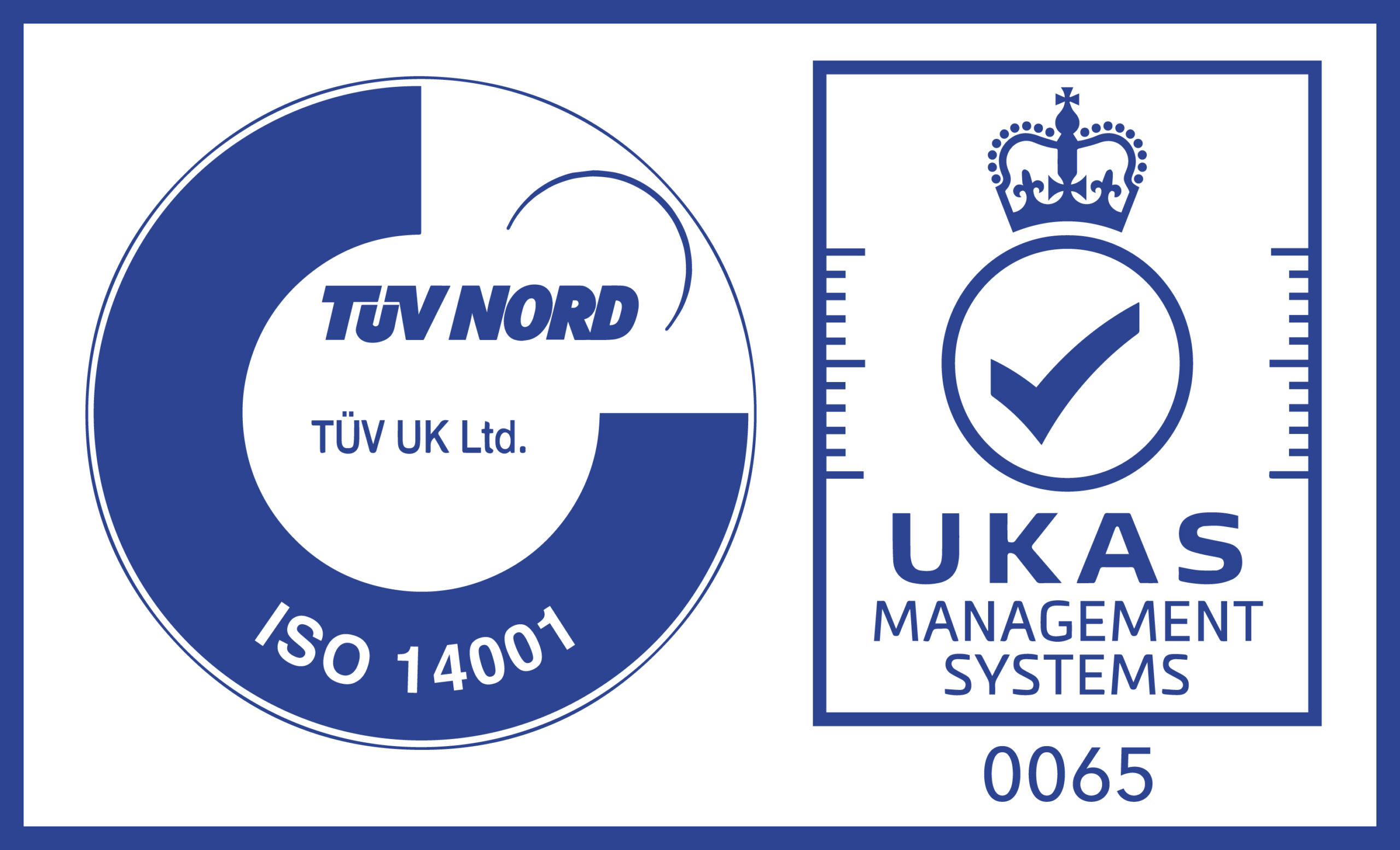
What a view, what an experience!


We had a great day on Friday, a group of us joined the fantastic Moors For The Future Partnership to help restore the moorlands in the nearby Peak District, spending a glorious day planting essential sphagnum moss. The Peak District and South Pennine moors have been described as the most degraded upland habitat in Europe, largely due to industrial pollution, but they can be restored with the reintroduction of the right types of plants (half a square metre of sphagnum moss can absorb one kilogram of carbon dioxide – that’s more than a small forest).
We’re over the moon to have been given this opportunity to do our bit for our local countryside and the environment, whilst seeing, first hand, how our financial donation is being used to improve the planet. We’ll be back out on the moors doing more of the same over the next couple of months. We can’t wait.
Discover more on ‘Moors For The Future’, its brilliant work, and how you can get involved here: Moors for the Future
Moors for the Future Partnership was established in 2003 to protect damaged blanket bog habitats across the Peak District and South Pennines. It provides evidence-based conservation, backed up by innovative public engagement.
The Partnership has raised over £45 million of public and private funding to deliver restoration over 34 square kilometres of bare and eroding peat and created 3 square kilometres of native clough woodlands. It has provided crucial evidence on the recovery of damaged blanket bog and has informed almost 40,000 people about the importance of peatlands which are globally rarer than rainforest and provide essential benefits including natural flood management, drinking water, to health and well-being, and have a crucial role in tackling climate change.
What is blanket bog and why does it matter?
Upland blanket bog can be defined as areas of peat that have formed across the landscapes in upland areas where the climate is cool and wet. Peat and peatlands are among the most important habitat England has to offer, storing an estimated 580 million tonnes of carbon and providing a wild home for some of our most cherished species. When in a healthy state, the peat moorlands of the Peak District and South Pennines can offer vital benefits to the environment and local communities:
Around 40 million tonnes of carbon are locked up in 750km2 of peatland in the Peak District and South and West Pennines. Healthy, wet bogs keep this carbon stored in the ground and prevent it from being released into the atmosphere as harmful CO2. They will also continue to create more peat, meaning even more carbon will be absorbed and captured, helping in the fight against climate change.



